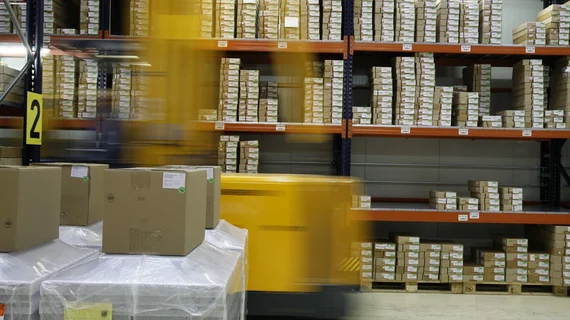What AI could mean to healthcare’s supply chain
While the loudest buzz around AI in healthcare continues to emanate from clinical and research quarters, an easily overlooked subpopulation is watching with keen interest: hospital supply-chain executives and the vendor reps who call on them.
An article posted this week in the Journal of Healthcare Contracting, which covers developments in that industry, summarizes the advance of AI in healthcare to date and offers a supply chain-specific perspective.
The magazine’s primary source for the piece is Zach Rothstein, vice president of technology and regulatory affairs for AdvaMed, the medical device trade association.
As FDA grapples with issues related to AI’s changing of the device-regulation landscape, he suggests, supply chain execs could help.
“A lot of these [AI development] companies are small, and they’re trying to figure out how to get into the market,” Rothstein says. “They may be sophisticated at developing software, but many are new to the healthcare market.”
By interacting with such companies, supply chain executives might be able to help them understand what the market needs, suggests the author of the article, which describes noteworthy examples of AI-based devices already cleared by the FDA.
The piece also takes up some worthwhile questions, including one on what’s ahead and another that asks: “What if AI makes a mistake?”
Read the whole thing:

